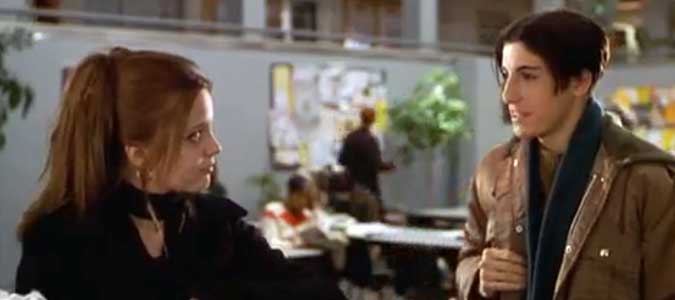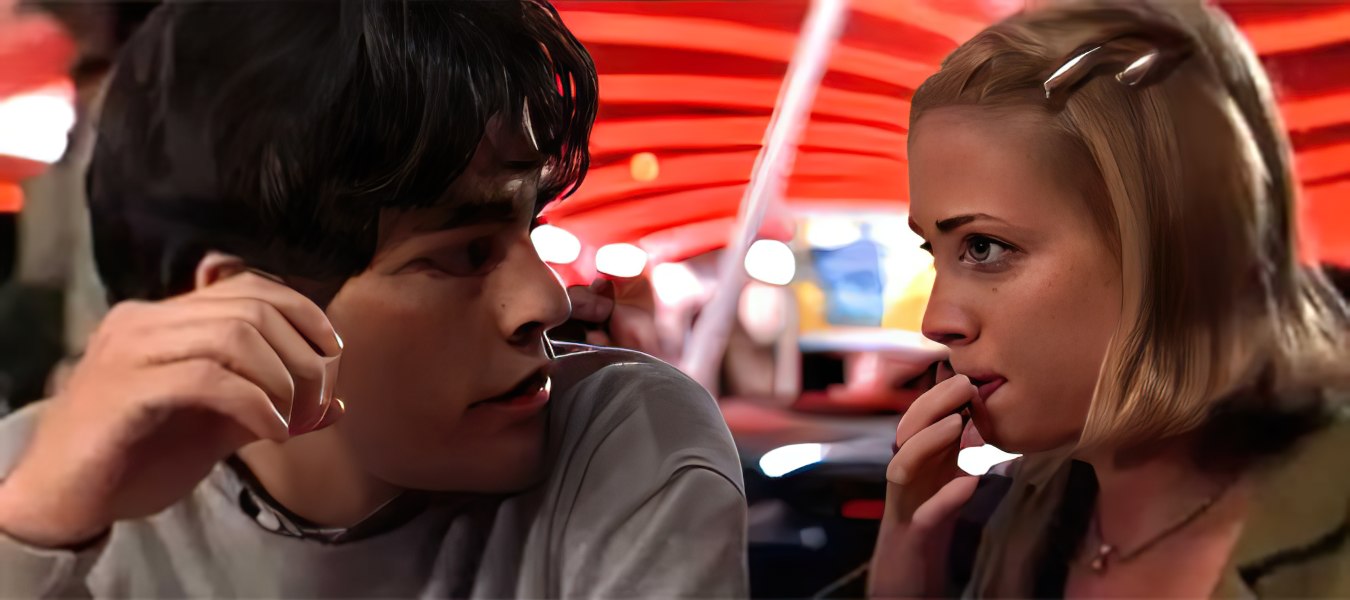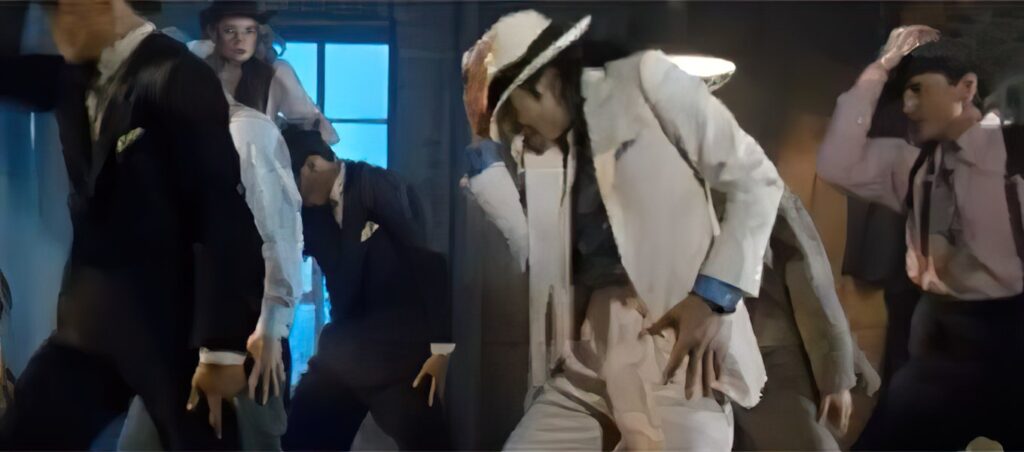This page may contain one or more affiliate links, which means that if you purchase a product through that link, I may receive compensation. The links will be identified with the text "affiliate link". Click to learn more.
Every so often, a single is used to promote a movie or vice versa. Ironically, the song becomes popular, and the movie is forgotten forever. Even characters from the film will be in the music video, yet the context is lost due to time. Here are a few worth mentioning.
Teenage Dirtbag in Loser

Wheatus performs Teenage Dirtbag in 2000 along side the movie Loser starring Jason Biggs and Mena Suvari. If you are wondering who those people are, they were in a little movie called American Pie that did great for the box office but not so well for their continuing careers. The film was about a naive dude attending college in the big city for the first time.
Although Loser was critically panned, Teenage Dirtbag reached number 2 in the UK and Germany, and number 1 in Australia. It is a darn shame, because I thought that loser had a certain charm and honesty to it that felt genuine. Oh Well.
Drive Me Crazy
Once music performer Britney Spears had (You Drive Me) Crazy ready, someone decided that they should shoe-horn in the same title for a generic teen movie. Starring Melissa Joan Hart (famous for the television show Sabrina the Teenage Witch) and Adrian Grenier (famous for nothing, unless you count Entourage a bazillion years later) the movie Drive Me Crazy was an awkward 91-minute film where next-door neighbors pretend to date each other. Instead of the predictable ending of them falling in love, we get a non-descriptive conclusion that settles nothing. Even so, the film has a certain feel reminiscent of the time period, along with its pleasant coming-of-age sweetness. But no one pointed that out to any of the critics, I suppose.
Smooth Criminal in Moonwalker
Michael Jackson decided to take part in a passion project, a film of his own choosing. The movie, Moonwalker, became so crazy (naturally, considering who made it) that it never made it into theaters in the United States. The only part of the movie with an sense of coherent plot was when Michael Jackson performed Smooth Criminal in one of the coolest performances he had ever done. People remember the iconic anti-gravity lean, but have no idea where it first appeared. Because the movie sucked.
Gangasta’s Paradise in Dangerous Minds
Back when people remembered who Michelle Pfeiffer was, a 1995 movie called Dangerous Minds was heavily hyped. With Pfeiffer playing an ex-marine (snicker) she uses her influence to help a case of hopeless students. The movie made its money back, but no one, including critics, actually cared about the film. What the did care about, was the song played in the first two seconds of the film: Gansta’s Paradise by Coolio. Naturally, idiot producers misinterpreted box office results and turned this terrible film into a terrible television show as well.
It’s truly fascinating how a terrible movie can be saved by one hit song, or how a hit song can become a one-hit-wonder due to being in a terrible movie. Who can forget “My Heart Will Go On” from Titanic? But I bet most people don’t even remember the movie that the song “I Believe I Can Fly” came from (Space Jam, anyone?). It’s a shame that some movies will never get the recognition they deserve because of their unfortunate pairings with hit songs that overshadow them completely.
Can you think of other hit songs featured in bomb movies? List some in the comments.


